Book review: Iran from a new Indian perspective
In the absence of a debate in India on Iran’s nuclear programme, ‘Troubling Tehran' is a significant first attempt to go beyond Western narratives and ask pertinent questions
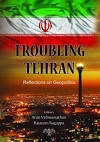 Courtesy: Pentagon Press
Courtesy: Pentagon Press
In the absence of a debate in India on Iran’s nuclear programme, ‘Troubling Tehran' is a significant first attempt to go beyond Western narratives and ask pertinent questions
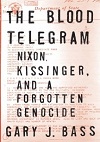 Courtesy: Knopf
Courtesy: Knopf
In ‘The Blood Telegram’ Gary Bass jolts us into recalling one of the most horrific genocides of the last century that occurred during the creation of Bangladesh
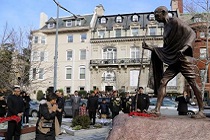 Courtesy: Indian Embassy, Washington D.C.
Courtesy: Indian Embassy, Washington D.C.
This daily column includes Gateway House’s Badi Soch – big thought – of the day’s foreign policy event. This Badi Soch analyses the implications of revelations about surveillance on Indian missions, by the U.S. government.
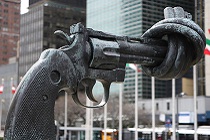 Courtesy: United Nations ESCAP
Courtesy: United Nations ESCAP
Rajni Bakshi, Senior Gandhi Peace Fellow, Gateway House, delivered a lecture at the ‘International Day of Non-Violence’ at the UN Convention Centre in Thailand, on October 2. In her lecture, she spoke about the significance and the greater potential of non-violent means in achieving the goals of today’s world.
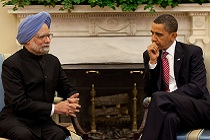 Courtesy: Pete Souza/Wikimedia Commons
Courtesy: Pete Souza/Wikimedia Commons
Since 2009, distraction and dysfunction in India and the U.S. resulted in low enthusiasm vis-à-vis bilateral ties. Indian Prime Minister Manmohan Singh, who met U.S. President Barack Obama, prior to the UNGA, had one last chance to salvage India-U.S. ties before the country goes to elections in 2014. Did he succeed?
 Courtesy: Ashok/Flickr
Courtesy: Ashok/Flickr
Ahead of the Indian Prime Minister’s meetings with his counterparts from Nepal, Bangladesh and Pakistan on the sidelines of the UNGA, Ambassador Neelam Deo and Manjeet Kripalani blog about why India will only be able to conduct its foreign policy overseas, away from its raucous media and opposition parties
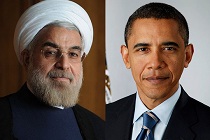 Courtesy: WikimediaCommons
Courtesy: WikimediaCommons
The positive advances made by newly-elected Iranian President Hassan Rouhani and U.S. President Barack Obama at the 68th UN General Assembly indicates a strong potential for a thaw in Tehran-Washington relations. However, it will take sincere efforts from both sides to turn this into concrete reality. Can India help?
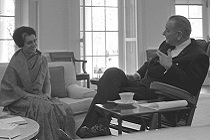 Courtesy: Jerchel/WikimediaCommons
Courtesy: Jerchel/WikimediaCommons
India often finds itself in the right place at the wrong time or vice versa, as our dogma of non-alignment trumps honest calculations of self-interest in policy-making – rendering it unfavourable. The national interest, hence, calls for selective alignment on some issues with Washington and on others with Beijing
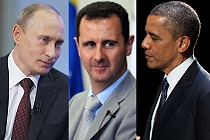 Courtesy: WikimediaCommons
Courtesy: WikimediaCommons
Can the world aspire to a future where the use of force is not seen as leadership? Can the U.S. and former colonial powers like France and UK, think differently and reject the use of force as first resort? Can China and India craft alternatives?
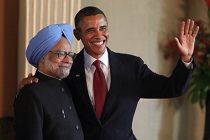 Courtesy: U.S. Embassy New Delhi
Courtesy: U.S. Embassy New Delhi
Since 2009, distraction and dysfunction in both India and the U.S. have dissipated the enthusiasm for greater bilateral ties. However, Indian Prime Minister Manmohan Singh has one last chance to salvage India-U.S. ties during his visit to the country this month, and he must utilise it appropriately